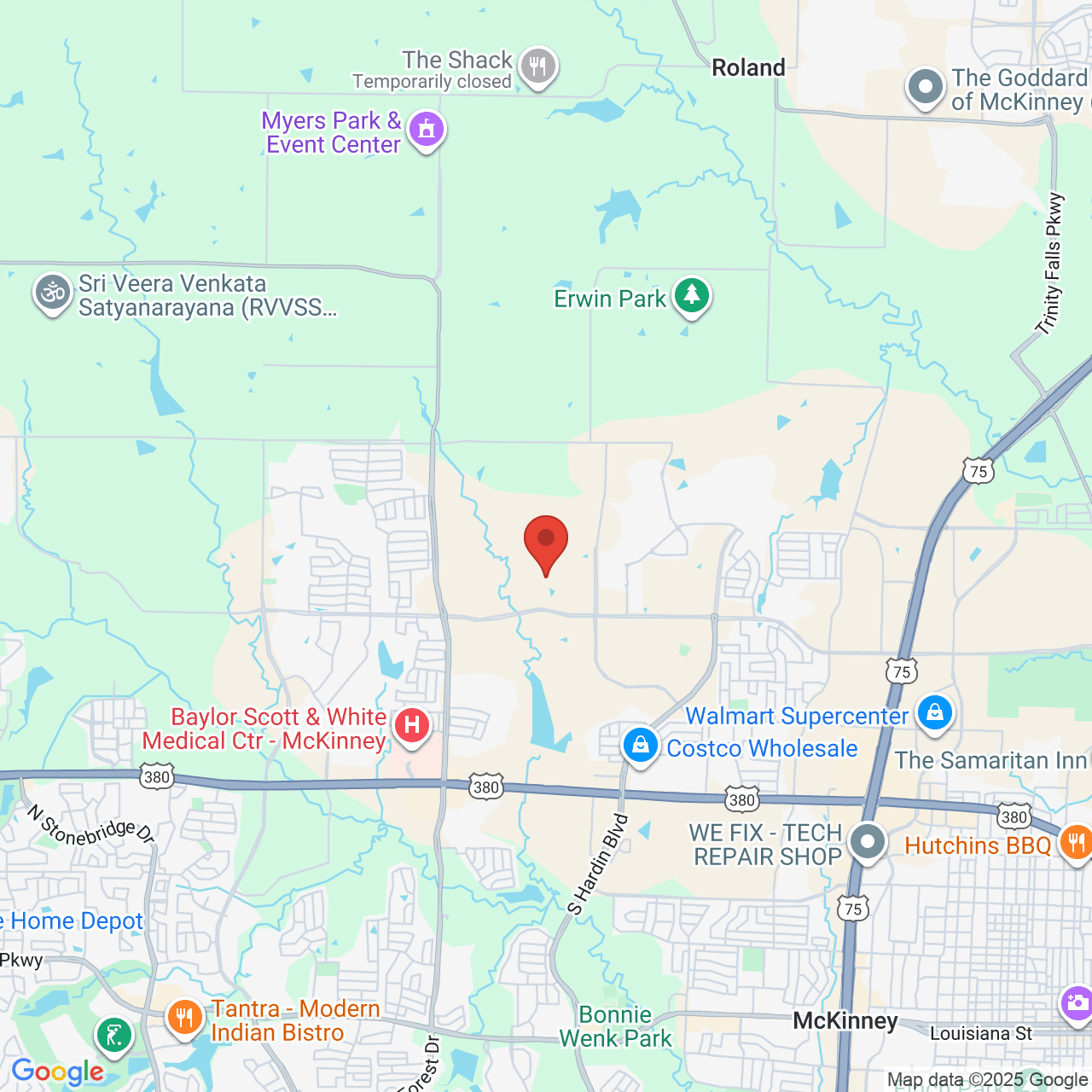How To Deal With Defamation In The Workplace

A negative or slanderous statement is not defamatory if it is said to a person’s face or under one’s breath. For instance, a co-worker can’t charge an individual with defamation if that individual berated them in the parking lot and no one witnessed the incident. However, if everyone in the office is told false information about a co-worker, that co-worker can sue if he or she can prove it damaged his or her ability to earn a living. True statements are not considered libelous or slanderous.
Defamation issues can come up in the workplace if an employer defames an employee to create an excuse to fire him or her. This can also bring up a wrongful termination claim.
In taking an employer to court for defamation, the plaintiff must be prepared to prove the allegations. It’s important to have witnesses and a copy of the publication or email in which the defamatory statement was made to show how the actions caused harm and whether it led to a lost job or reputation within one’s industry.
To prove defamation, a plaintiff needs to show:
- The statement reflected poorly on the plaintiff’s reputation
- The statement inexplicitly referenced the plaintiff
- The statement was communicated to a third-party
- The statement actually damaged the plaintiff’s reputation
- The statement was false
Atkerson Law – Dallas Employment Law Attorney



